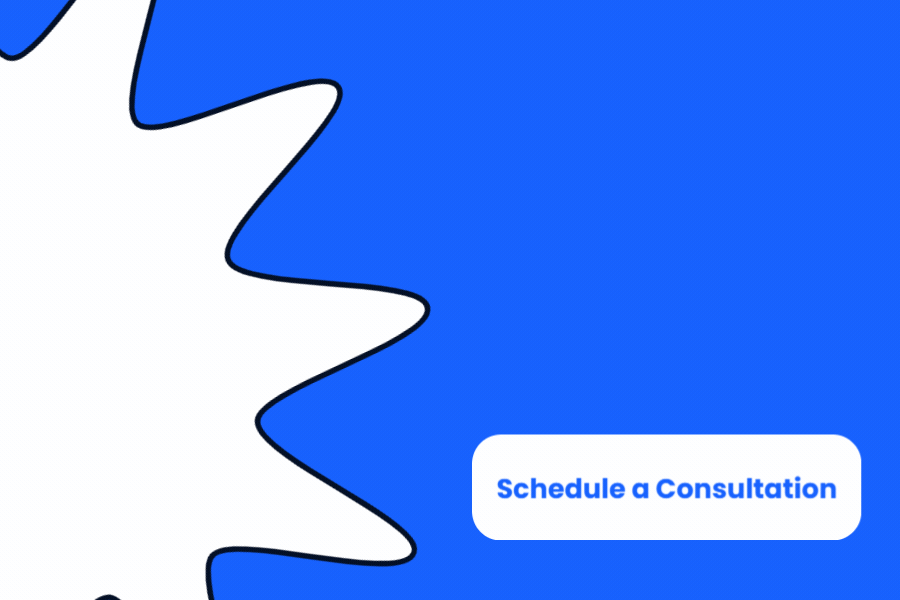Eligibility for Working as an International Student in Canada
International students with a study permit, who enrolled in the Designated Learning Institutions (DLI) full-time, can work off-campus without a work permit. It means they can work for any employer in any business in Canada. International students can also work on campus.
Working off-campus means working for any employer outside of the university. Working on-campus means working for any employer on the university’s campus, such as working for the university itself, a faculty member, a research assistant, a student organization, or a private contractor providing campus services.
You even may work for yourself if you have established a business off-campus. It is essential to regard that even if you plan to work while studying in Canada, you will still need to prove financial resources when applying for a study permit. It means you have to show you have enough funds to support yourself during studying in Canada without working.
Anticipated future earnings will not satisfy when confirming financial resources, so you may plan to be working while studying in Canada will not fulfill the condition to prove financial capacity before arrival to the country.
If you want to know about Top Majors for Finding Job in Canada:

Study Permit and Working Limits in Canada
Your study permit says whether you are permitted to work in Canada and the conditions of employment. This record enables you to apply for a Social Insurance Number (SIN) from Service Canada. Receiving a SIN is a crucial requirement before you can begin working while studying in Canada.
If your study permit is missing the record, you need to apply for a SIN; you can get your study permit revised for free. You can do this after your arrival, but it’s much easier to do it when your study permit is first issued. When you go to Canada’s Immigration office, you can ask the intended officer about your permission to work if you are uncertain about anything on your study permit.
You cannot work in this country unless otherwise authorized to do so if your study program is less than six months or enrolled in French as a Second Language (FSL) or English as a Second Language (ESL) program. Visiting students or exchange students at a DLI are not permitted to work while studying in this country.
It would help keep in mind that you cannot start working while studying in Canada until you begin your study program. It is one of the working limits in Canada you should consider.
Finding a Job for Working while Studying in Canada
Being eligible to work in Canada may be the easiest part! The next step in this path is to find a job. Employers in Canada are often interested in hiring students for part-time positions, and there are many positions in this country.
Before you start searching for a job or applying, you must prepare your resume and cover letter. These are your best chance to catch an employer’s attention and stand out as the best candidate for the intended job. Your resume should be up to date and formatted for the expectations of Canadian employers.
Your cover letter is your chance to show your character and achievements. Write a cover letter for each position, highlighting how you fit the specific standards they’re looking for. If you’re planning to apply online, the cover letter can be your introductory email, to which you attach your resume or CV as a PDF.
There are some places you can start looking for jobs in Canada:
- Websites such as Monster and Craigslist have hundreds of postings for part-time employment;
- Your city may have its portal for jobs, such as at recreation centers or libraries;
- You could also walk around the neighborhood and see if shops or restaurants are advertising in the window for employees.
If somewhere looks assuring, feel free to ask to speak to someone about the situation. It is an excellent chance to make an excellent first impression. It could turn into a job interview. Networking your path to success in this way is a tested formula.
There is a strong history of working while studying in Canada, and you shouldn’t hide the fact that you’re an international student. Remember that your exams and studies come first, and don’t be shy to ask for the time off you need during exam times.
Students who study and work in Canada have the same rights as other workers in this country, and you should know what your labor rights are and the minimum wage in the province of your residence. Make sure to receive payslips and the proper record of employment so that you can file your tax return.

Co-op Work Permit in Canada
While international students in Canada usually don’t need a separate work permit to work while studying, there is a significant exception. Some education programs require the student to complete a Co-op or internship work placement to graduate. In this situation, international students need a co-op work permit plus their education permit.
To obtain a Co-op work permit, you’ll need a legitimate study permit and a letter from your university confirming all students in your program need to complete work arrangements to get their university degree.
The co-op work permit may be issued with your study permit. If your acceptance letter says that an internship or co-op placement is required as part of your education program, your work permit may be processed as part of your permit application.
It is also plausible to apply for a co-op work permit after you have already received your study permit, and you can apply by paper or even online. Your university should help you with this, as the placement is part of your study program, and they seemingly help many international students apply for this permit each year.
Keep in mind that some employers in Canada pay employees by debit, straight into your account. Consequently, it is essential to have a bank account set up and have the aspects of your budget available so that your employer can pay you.
Do you want more information about Canada? read this article
Working Limits in Canada after Graduation
Once you’ve finished your studies, you may stop working immediately as one of the working limits in Canada after graduation from university. However, there are some ways to continue working under different conditions:
- You may apply for a PGWP (Post-Graduation Work Permit), allowing you to work for any employer for up to three years after graduation. If you’re eligible and you want to stay in Canada, you need to apply within 180 days of receiving confirmation that you’ve finished your education program;
- If you are beginning a new study program, you can continue working between the study programs, under these circumstances if you:
- You were eligible to work off-campus during your previous study program;
- You still have a valid study permit or applied for an extension before your permit expired;
- You have received written confirmation that you completed your program;
- You have received a letter of acceptance to a new full-time study program at a DLI;
- You will start your new study program within 150 days of receiving confirmation that you finished your previous program.
- If you don’t apply for the intended PGWP and decide to come back to work momentarily, you may be qualified for one of the International Experience Canada (IEC) categories. They offer young people from different countries the opportunity to work in Canada for one or two years, depending on the category and country of citizenship.
Working while studying in Canada can be fulfilling beyond the wage you earn. Graduating from a university in Canada with additional work experience could make you stand out from the crowd during future job hunts.
Whether you intend to stay in Canada or work abroad after graduation, Canadian work experience can be a helpful asset to your future goals. Learning more and more about working limits in Canada helps you to achieve your goals in this path.

Conclusion
Working while studying is one of Canada’s significant advantages as the destination for higher education. However, you should know some points before you begin earning about working limits in Canada and North America.
Most international students in this country can work for up to 20 hours per week and full-time during breaks without a work permit. Working while studying in Canada can help support yourself and meet new people while building connections and experience.
The experiences and connections you find could make you stand out in your job hunt after graduation. Before you start looking for a suitable student job, read this guide to find out more about working limits in Canada as an international student.
How useful was this post?
Click on a star to rate it!
Average rating 0 / 5. Vote count: 0
No votes so far! Be the first to rate this post.









No comment yet, add your voice below!